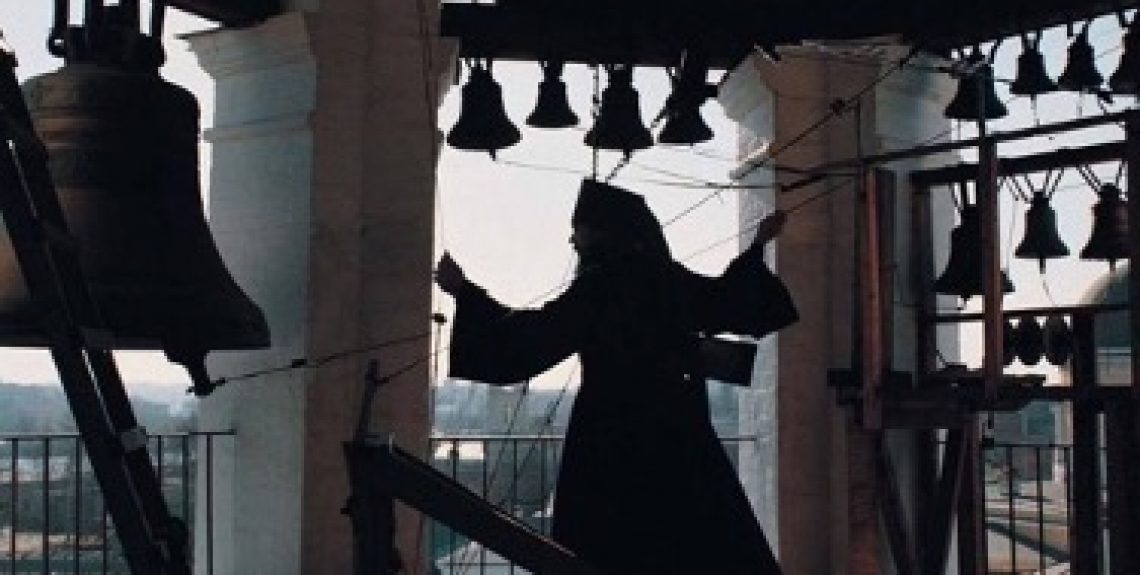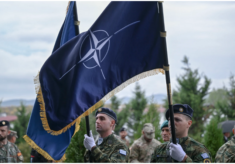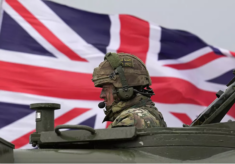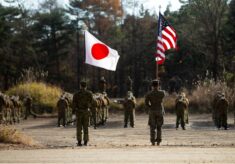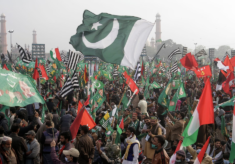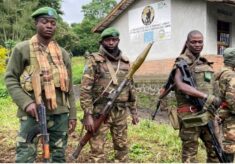In all walks of life, timing is everything and often it helps in explaining why actors chose specific paths, allowing to further infer on their intentions. The four concurrent hostilities waged by Israel are no exception.
Most commentaries highlight that, absent a deal in Gaza or a full Hezbollah withdrawal (both improbable by the third week of October), another major war could easily erupt in the region, notwithstanding serious hostilities with Iran. An analysis of the situation and of the published sources shows that Netanyahu very likely intends to change the playing field as much as possible until and beyond the US presidential elections.
The USA have been unfortunately ineffective in brokering a solution on the hostages in Gaza or a truce in Lebanon, also due to an unhelpful Tel Aviv counterpart, because timing was simply unfavourable. Moreover, the weakening of President Biden’s candidature in the imminent elections stymied the negotiations with both Israel and Hamas. After the change of candidate, the president has still to avoid damaging Kamala Harris’ race, lest pro-Israeli lobbies accuse him, and indirectly the vice-president, of abandoning Israel.
Netanyahu knows this full well because he understands the dynamics of these elections. For him, Trump would be a much better alternative, since he already delivered the recognition of Jerusalem as Israel’s capital and the Abraham accords with various Arab countries, without advancing on a two-state solution. Trump may also be sympathetic with settlers, so he could accept the annexation of the West Bank at a later stage.
Given this scenario, Netanyahu has neither interest in lowering the tempo of military action, nor an incentive to reach a deal in Gaza, including on hostages. In both cases he would become subject to public scrutiny for his decisions before the attack of the 7th of October, whereas boasting major military successes a year on, in addition to getting credit for the return of 70.000 evacuees to the North, may win him longer breathing space and overturn the tide of public opinion.
In reverse and exactly for the same reasons, Hezbollah and Iran have so far lacked any real incentive to escalate. They both understand that over-reacting against Israel would immediately trigger even larger reprisals and possibly unleash the USA against them. Their Catch-22 situation is that, if they do not act, they are seriously undermined at political and strategic level; if they act, they will suffer high casualties.
Masoud Pezeshkian, Iran’s new president, is in a very difficult predicament: the increasing tension leaves him no room for internal reform, strengthening the conservative and security sector. He needs time for: consolidating the complex agreement with ar-Riyadh (a strategic stake); changing the external perception and aversion on internal politics and repressions; deepening the BRICS relationship and, last but not least, let progress the nuclear programmes in whatever direction will be chosen by the elite and imposed by external threats. The looming war is a powerful instrument for blocking any step in resurrecting the JCPOA and may result in a Middle East in which two, or even three, nuclear powers will be unrecognised and “ambiguous”.
This implies a de facto “appeasement” vis-à-vis Tel Aviv’s military and intelligence initiatives and a reduced support to regional allies, including Hezbollah. Yet, by abandoning its satellites, Iran risks being perceived as a lesser power, which in turn reduces its chances of being taken seriously for an eventual nuclear deal. Both ways, Iran’s and Hezbollah’s hands are hard to play: they are confrontational towards Israel, but not to the point of risking self-extinction, which forces them to accept face and material losses in any case.
While Israel’s enemies all have an incentive to delay an escalation. Israel may appear to have every incentive to anticipate it, since this allows it to lock-in the USA, influence the American elections and achieve as many “faits accomplis” as possible before the 5th of November. Netanyahu has all the interest to close as many sore spots as possible and help Trump towards the presidency now. In a thinly veiled way Israeli officials are pointing at the unique opportunity of restructuring the whole region through an appropriate combination of air strikes. How realistic is this plan in its execution and consequences, remain to be seen.
What are the possible courses of action? If Harris wins, Biden might prepare the terrain for the new president’s change in approach towards the region and Israel: under the surface there is a progressive and rather irreversibly deep damage in the bilateral relationship, at least since the Israeli-AIPAC espionage scandal during the G.W. Bush presidency (2004). Harris may not necessarily advance in a significant way towards a peace settlement, but could induce whatever Israeli government to shift towards a political approach on regional issues instead of using naked war.
If Trump wins, he will likely propose his updated version of the Peace to Prosperity Plan (2020), that clearly does not satisfy any essential Palestinian needs and demands.
Hamas, with its brutal attack in October 2023, made it abundantly clear to Tel Aviv that the Palestinian issue was an unfinished job, while derailing a Saudi-Israeli agreement that would have probably forever buried de facto the full recognition of a Palestinian state. Today it has to struggle for survival, but its consensus capital among Palestinians and Arab streets has grown even more after the death of Hassan Nasrallah, the then “hero of resistance” against Israel. Hezbollah may be in a similar situation, but it is still too early to evaluate.
Peace today seems a chimera, but time is not on the side of any regional contestant, because all are engaged in escaping, each for himself, from their deep internal contradictions. Only serious negotiations with competitors and enemies can help finding a way out the mortal maze. The writing is on the wall, and it is idle to ask for whom the bell tolls.
Alessandro Politi
A global political and strategic analyst with 30 years of experience. Director since 12 years of the NATO Defense College Foundation.

